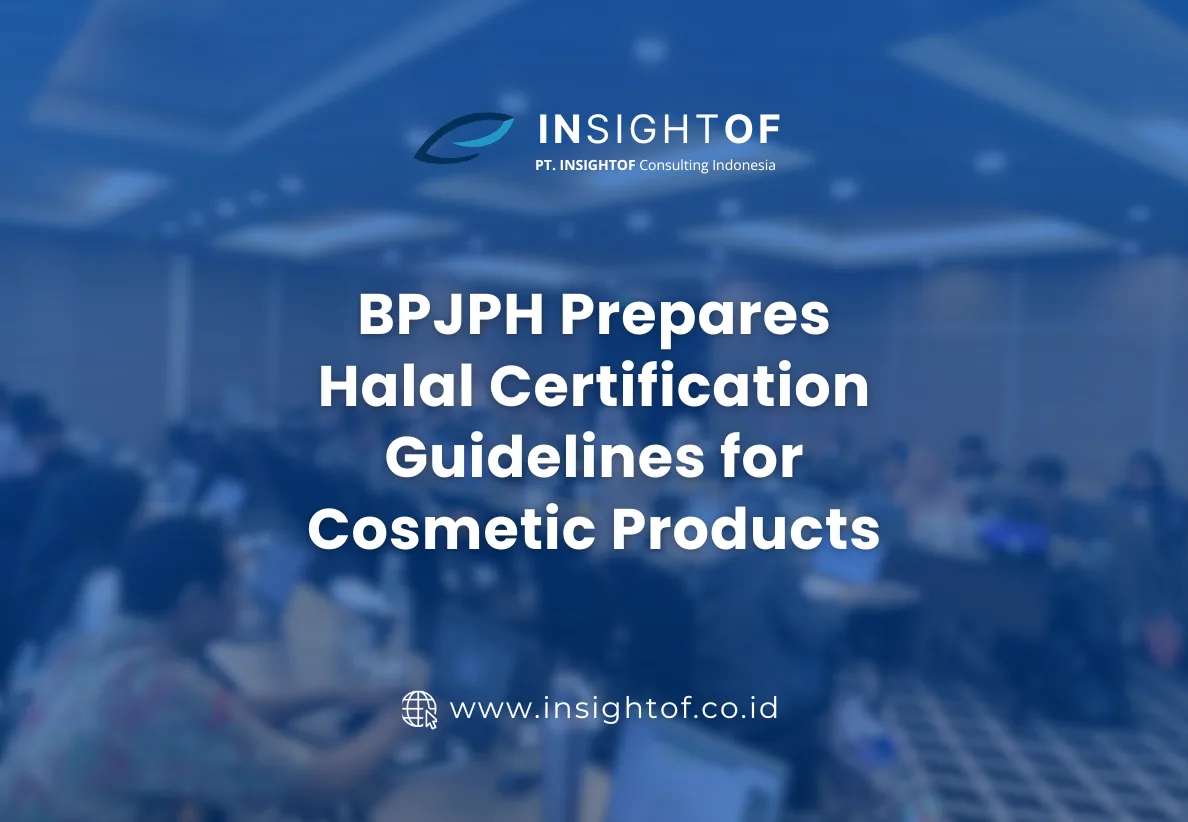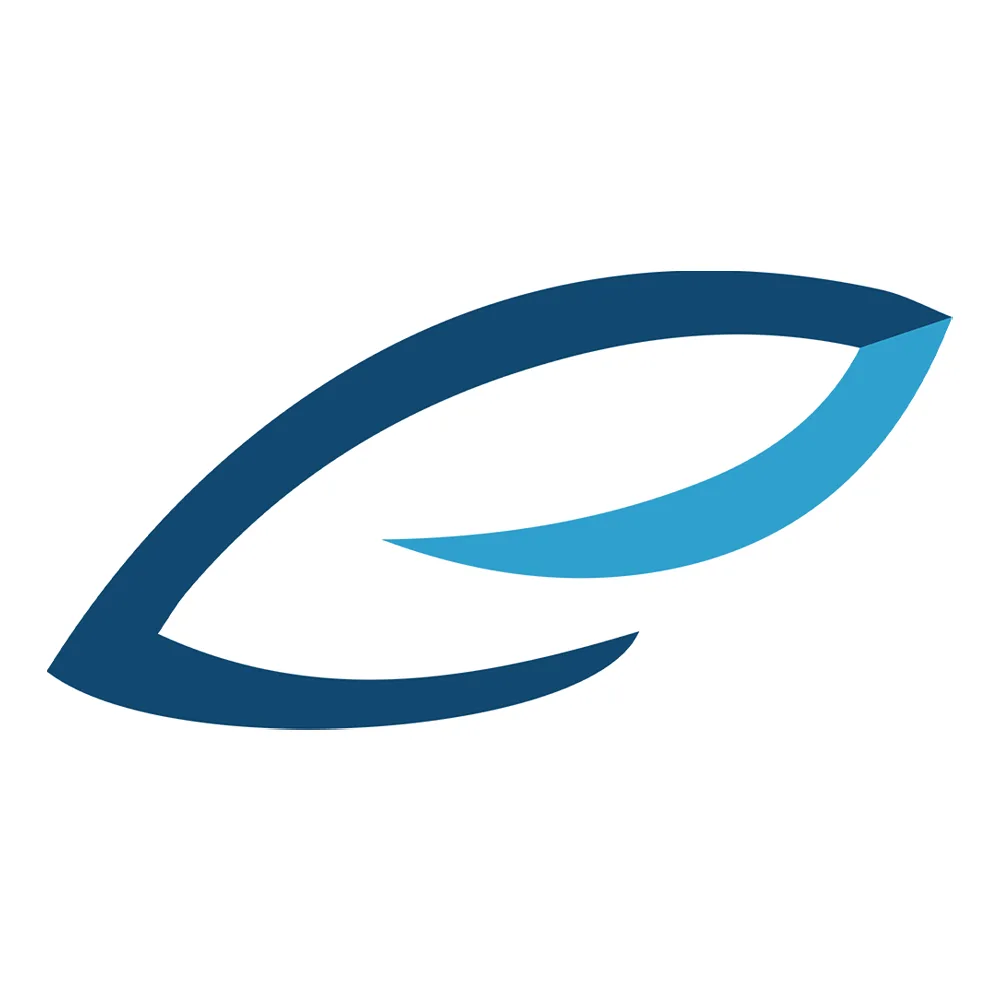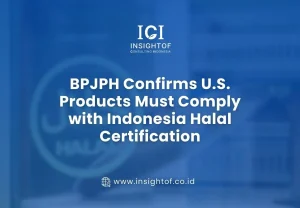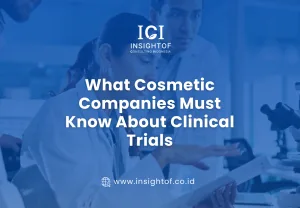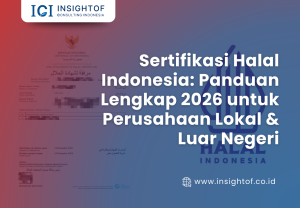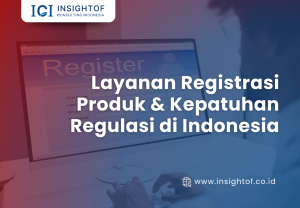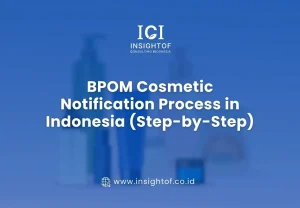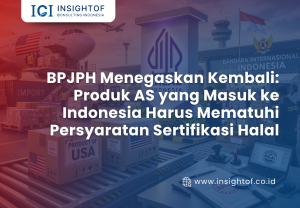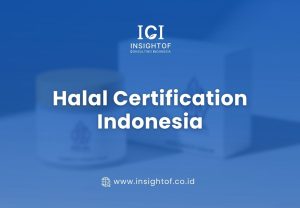The Halal Product Assurance Organizing Agency (BPJPH) has initiated the development of Halal Certification Guidelines for Cosmetic Products through its first discussion session held today. This initiative is part of BPJPH’s effort to support the cosmetic industry in preparing for the mandatory halal certification phase-in, which will take effect starting October 17, 2026.
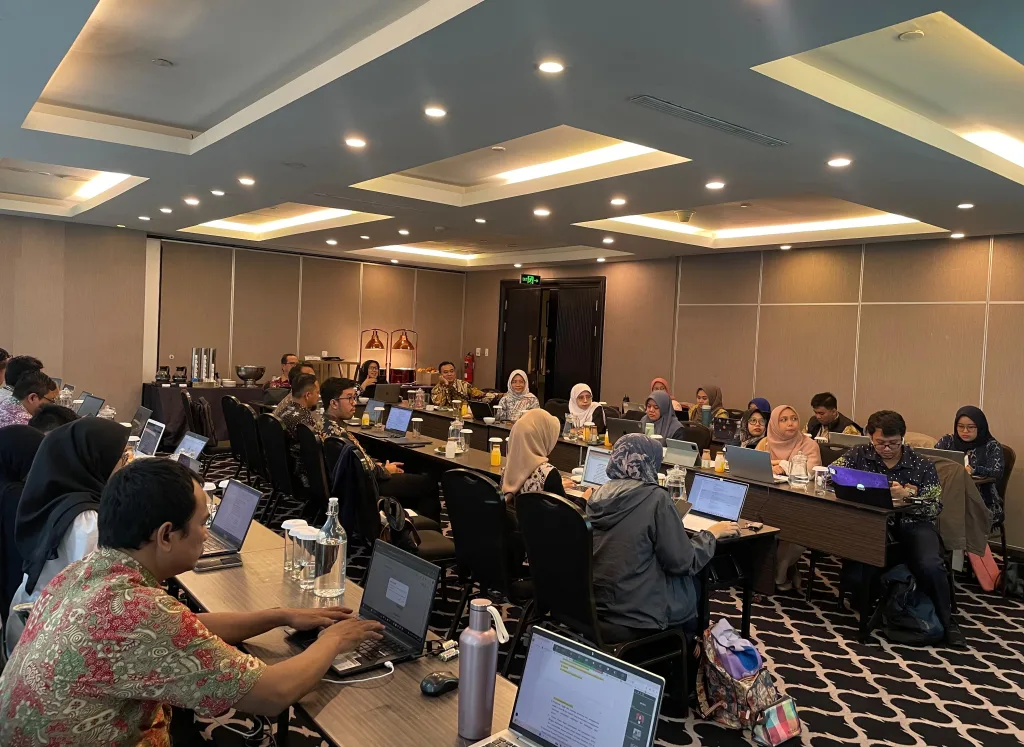
The drafting process began with formulating the core structure and substance that will serve as the foundation for implementing halal certification for cosmetic products. Following this initial phase, BPJPH has engaged in discussions with relevant ministries and institutions to align the guidelines with existing sectoral regulations. These include the National Standardization Agency (BSN), Food and Drug Supervisory Agency (BPOM), Ministry of Industry, Ministry of Health, KNEKS, and other related agencies.

“The drafting of these guidelines requires strong collaboration among stakeholders. The goal is to establish a clear and integrated halal standard that provides certainty for business actors while also protecting consumers,” said Abd Syakur, Deputy for Partnerships and Halal Standardization at BPJPH, in Jakarta, Thursday (July 17, 2025).
“Through this process, we aim to achieve regulatory harmonization and produce practical guidelines that are responsive to the dynamics of the industry,” he added.
Abd Syakur further stated that the guidelines will serve as a crucial foundation to ensure the halal certification process for cosmetic products is effective, efficient, and aligned with the needs of both national and international industries.
For international cosmetic businesses, especially those eyeing expansion in Indonesia, this upcoming regulation isn’t just a requirement—it’s a gateway. Indonesia, with its predominantly Muslim population, represents a massive consumer base with strong demand for halal-certified products. By being an early adopter of halal certification, your brand can significantly enhance its reputation, build invaluable consumer trust, and unlock access to the rapidly expanding global halal market.
Consider the momentum: as of July 2025, over 88,900 cosmetic products are already halal-certified in Indonesia (81,343 domestic; 7,558 imported), demonstrating clear market readiness and strong consumer demand (Antara News). This data underscores the urgency and opportunity for exporters.
We help ensure your documents, formulations, and distribution flow meet BPOM and other local regulatory requirements—so your halal-certified products can legally and successfully enter the Indonesian market.
INSIGHTOF is here to support your cosmetic product registration process in Indonesia
